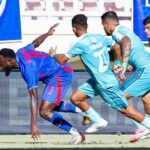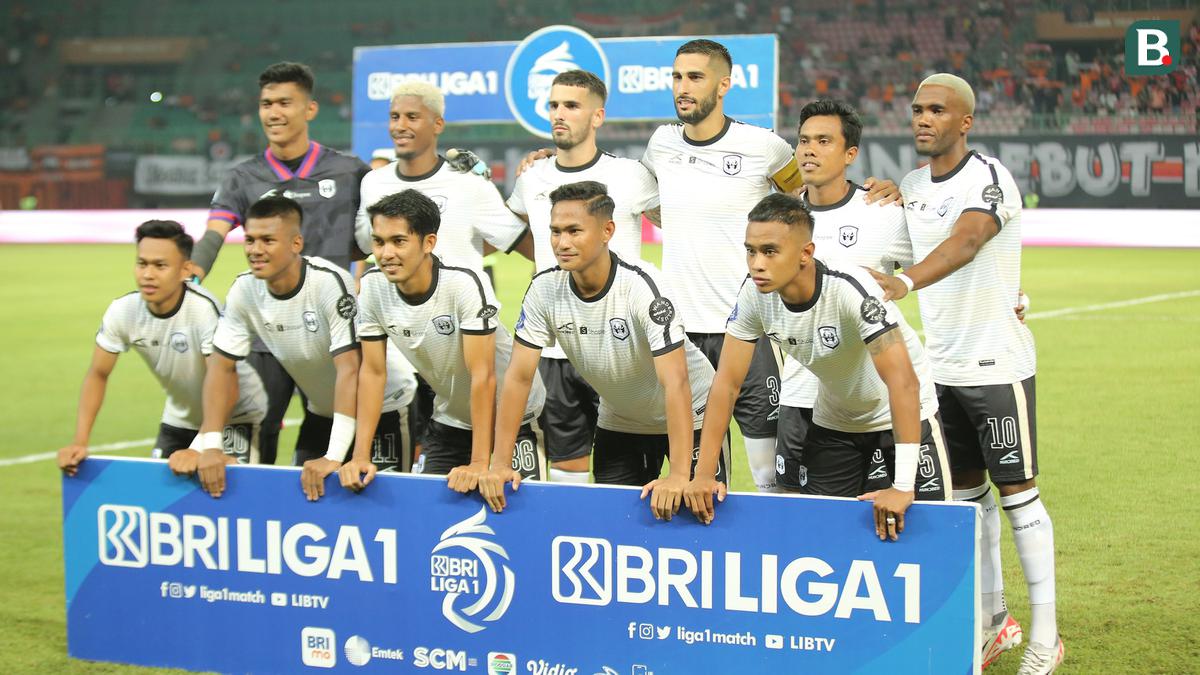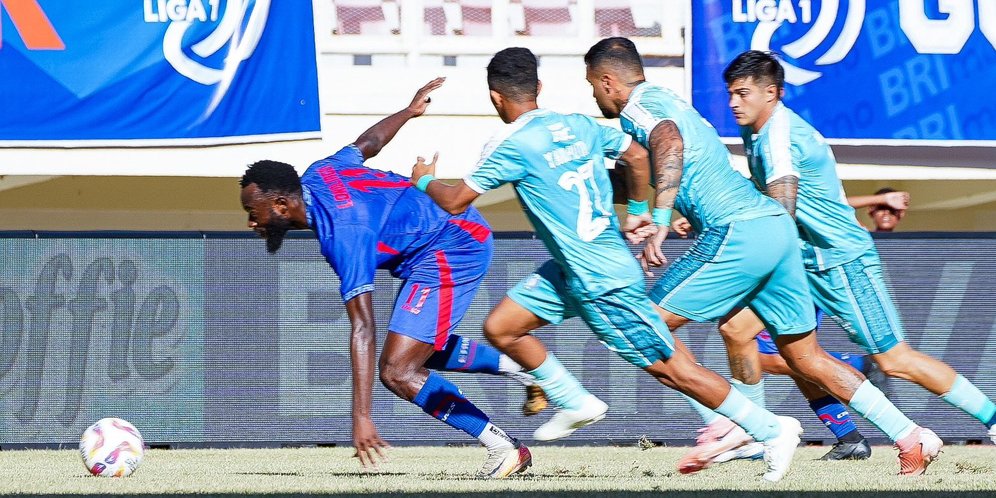BRI Liga 1: Hard to Find New Players, RANS Nusantara Recruits Players Through Trials
As the BRI Liga 1 season approaches, football clubs across Indonesia are on the lookout for new players to strengthen their squads. However, it seems that finding quality players has become increasingly challenging for many teams. One club, in particular, RANS Nusantara, has taken a unique approach to overcome this difficulty by recruiting players through trials.
RANS Nusantara, owned by Indonesian businessman and actor Raffi Ahmad, has made headlines in recent years for its unconventional strategies. While other clubs rely on scouting networks and player agents to find new talent, RANS Nusantara has opted for a more hands-on approach. They have organized trials to give aspiring footballers an opportunity to showcase their skills and potentially earn a spot on the team.
The decision to recruit players through trials has been met with mixed reactions from fans and experts alike. Some argue that it is a refreshing approach that gives unknown talents a chance to prove themselves. It also allows the club to identify players who may have been overlooked by traditional scouting methods. On the other hand, critics argue that trials may not be the most reliable way to assess a player’s abilities, as the pressure and limited time may not accurately reflect their true potential.
Despite the skepticism, RANS Nusantara has managed to unearth some promising talents through their trials. One such example is Zico, a young striker who impressed during the team’s trial sessions. After showcasing his goal-scoring abilities and technical skills, Zico was offered a contract by the club. This success story has fueled the club’s belief in their unconventional recruitment strategy.
RANS Nusantara’s trials have also attracted a wide range of players, from young prospects to experienced veterans looking for a second chance in their football careers. The club’s open-door policy has created an environment where players from different backgrounds can come together and compete for a place on the team. This diversity has contributed to a healthy and competitive atmosphere, pushing each player to give their best during the trials.
While RANS Nusantara’s approach may be unconventional, it highlights the challenges faced by many clubs in finding new players. The limitations imposed by financial constraints and the lack of a robust scouting network make it difficult for teams to discover hidden talents. By organizing trials, RANS Nusantara has created a platform for players to prove themselves and potentially kick-start their professional football careers.
As the BRI Liga 1 season kicks off, it will be interesting to see how RANS Nusantara’s trial-recruited players perform. Will they prove to be valuable additions to the team or will the traditional methods of player recruitment prevail? Only time will tell. Nevertheless, RANS Nusantara’s unique approach has certainly sparked a discussion about the effectiveness of trials in player recruitment, and it may inspire other clubs to explore alternative methods in the future.






